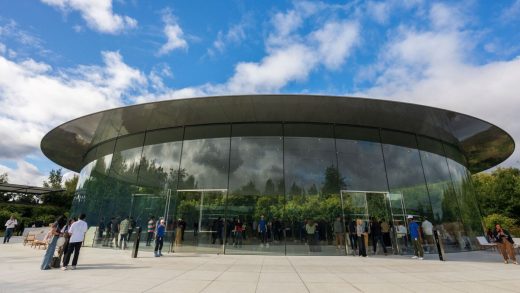A Native American tribe just south of the border is challenging B.C.’s consultation approach when it comes to infrastructure projects.
The Lummi Nation has filed a petition in B.C.’s Supreme Court seeking judicial review of the province’s consultation approach for the assessments of several large infrastructure projects in the Lower Mainland.
The Steveston Interchange and the transformation of the Massey Tunnel is one of the projects.
The Lummi Nation is the original inhabitant of Washington’s northernmost coast and southern British Columbia.
The Nation says the primary issues at this time are two orders passed by the B.C. government that prohibit Lummin from acting as a “participating Indigenous nation” on the infrastructure projects, which means they cannot participate in identifying any potential adverse impacts those projects could have on Indigenous rights and land.
“Obviously Lummi would not be able to access economic benefit, but that is not what they want, they want to have their asserted rights protected in some way,” lawyer John Gailus said.

In 2023, the Lummi Nation, along with a coalition of environmental groups, challenged Ottawa’s approval of a controversial marine terminal expansion in B.C.’s Lower Mainland.

Get breaking National news
For news impacting Canada and around the world, sign up for breaking news alerts delivered directly to you when they happen.
The federal Impact Assessment Agency gave the green light to the Roberts Bank Terminal 2 project in Delta in April 2023, provided it met hundreds of legally-binding conditions aimed at minimizing its risk to local ecosystems and protecting the land-use rights of impacted First Nations.
In July, the Vancouver Fraser Port Authority started its search for a company to spearhead the massive expansion.
The Lummi Nation is still waiting for a decision on the judicial review of the Roberts Bank Terminal 2 project, which was heard in June 2024 in Canada’s federal court.
The Lummi’s judicial reviews rely on a 2021 landmark decision by the Supreme Court of Canada, which is called R v Desautel.
This ruling found that Indigenous groups now based in the U.S., but whose territory reached into Canada before it was severed by the border, may have constitutionally protected Aboriginal rights in Canada.
“For more than 175 years, enforcement of the U.S.-Canada border has displaced Lummi, preventing access to our traditional fishing, harvesting, spiritual, and habitation sites, and frustrating our efforts to maintain relationships with our relatives in Canada,” Lummi Nation Chairman Anthony Hillaire said in a statement.
“Lummi has never surrendered nor abandoned our claims to our traditional territories on the Canadian side of the border.”
The B.C. government says it cannot comment on the case as it is before the courts.

© 2025 Global News, a division of Corus Entertainment Inc.





